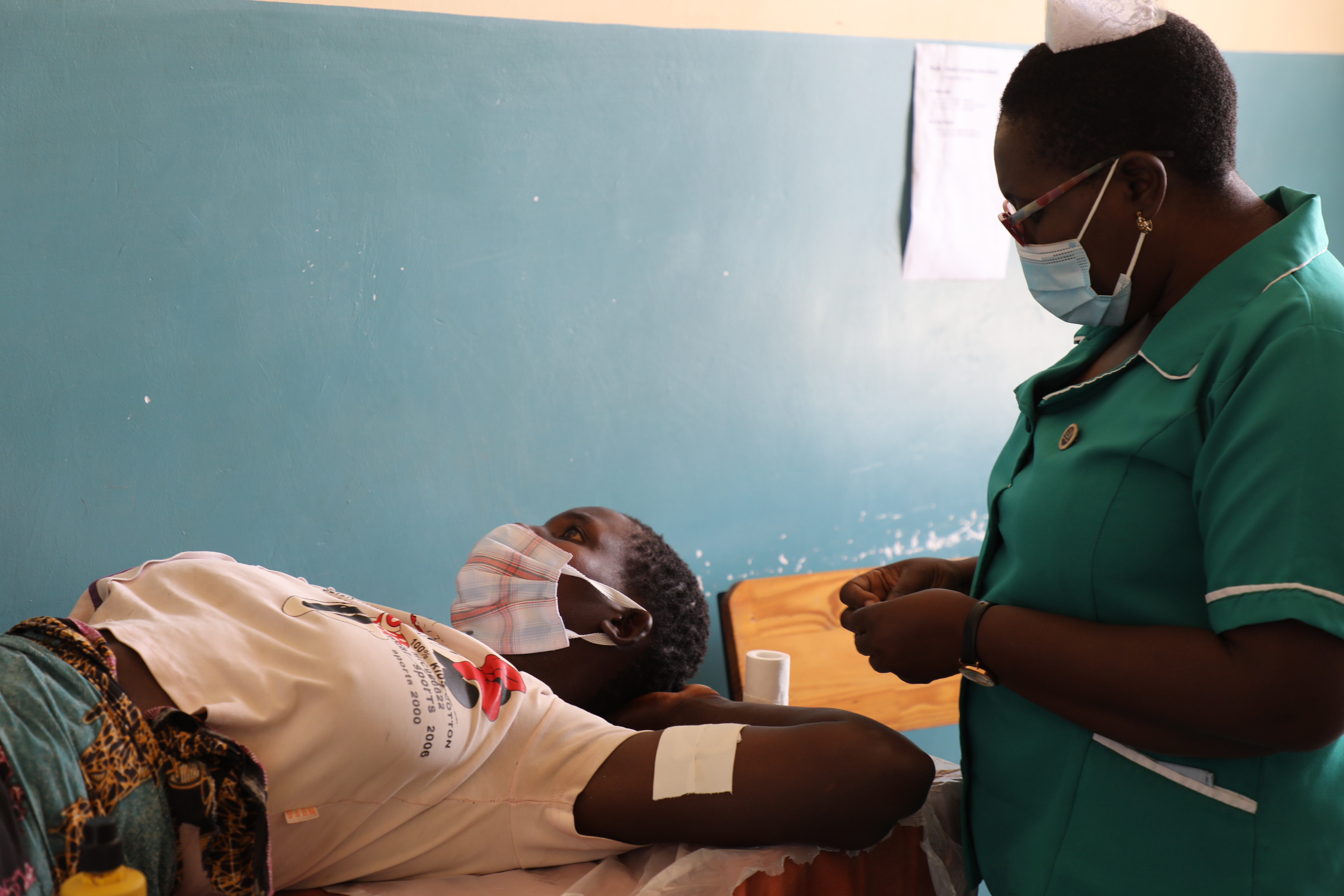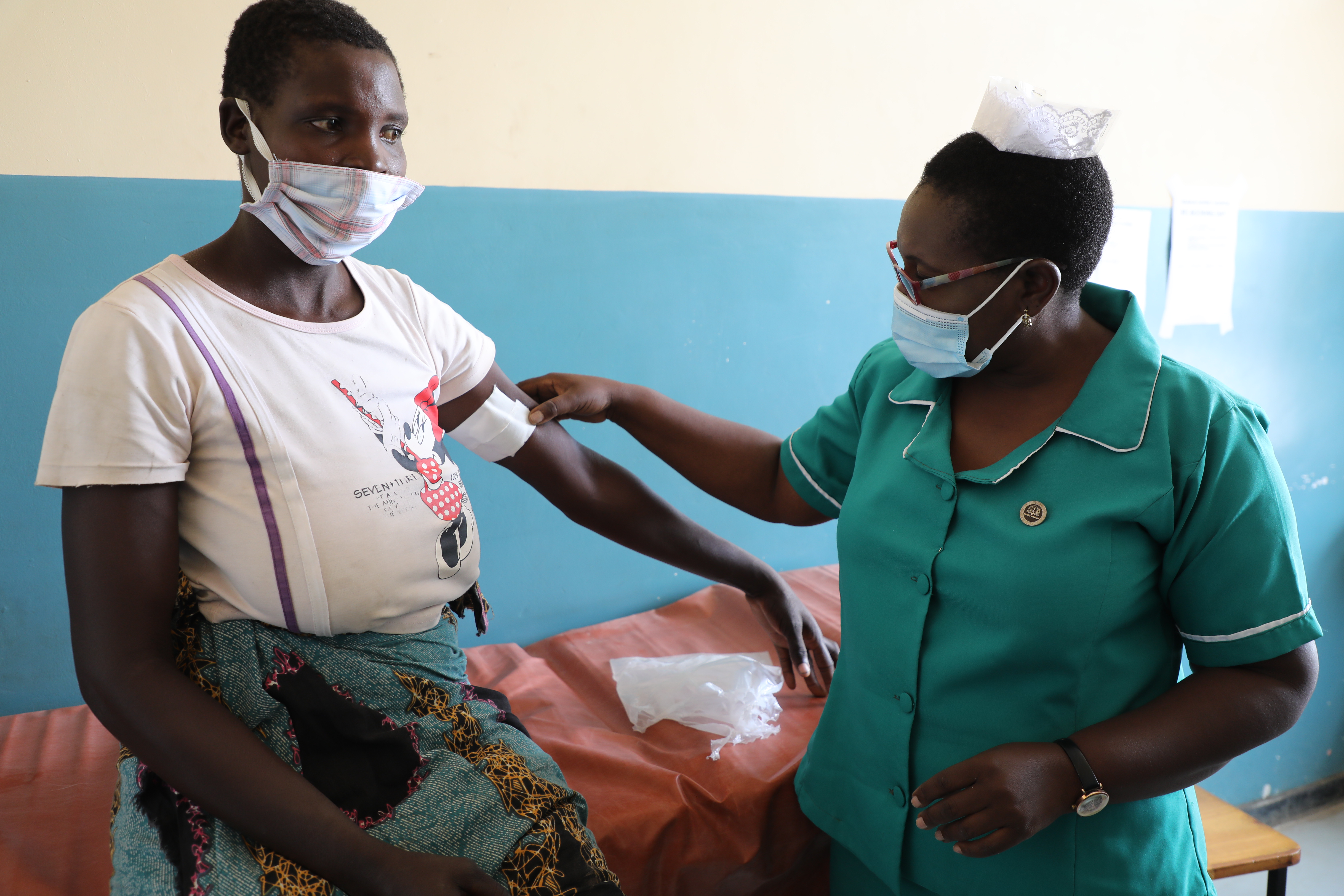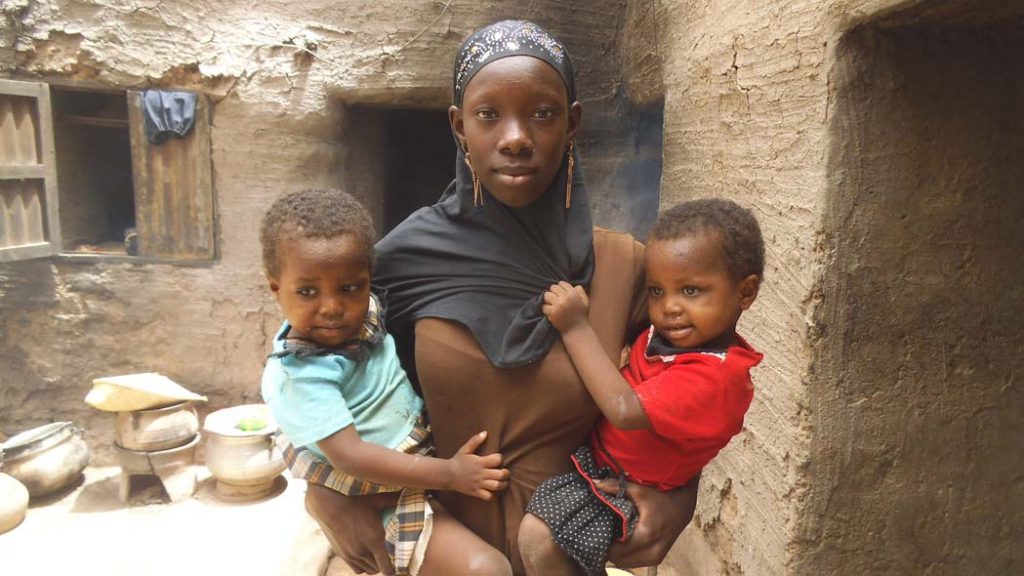In January, as the COVID-19 pandemic swept across the world, Malawi clang to the hope that the deadly disease stays outside its borders. But all the hope came crumbling when the country recorded its first case of COVID-19 at the beginning of April.
With a weak health system characterized by frequent drug stock-outs and high doctor-patient ratios, Malawi face an uphill task to stop the further spread of the disease.
Misinformation derailing COVID-19 fight
In Nsanje, a district located at the southern tip of the country, most people seem to have heard of COVID-19 and are taking precautions to stop the spread of COVID-19. In markets and other public gatherings, it’s now a common sight to see people wearing home-made fabric masks to protect themselves from the disease.
Dorica Zuze, from Disenti village in Nsanje, a mother of five, is taking counsel from health workers on the disease seriously. Dorica says she immediately stopped attending large gatherings when she heard that Malawi had a COVID-19 case.

“I have a young baby and I knew that I had to listen to advice from health workers to protect myself and my family from the disease,” she says.
However, for the 35-year-old farmer, her main worry was whether their local health centre would still offer family planning services. Her fears were justified. Recent research by UNFPA shows that many governments across the world are diverting funds meant for sexual reproductive health (SRH) and family planning to the COVID-19 fight.
Ensuring services availability during the crisis
However, in Malawi, SRH services haven’t stalled as a result of the pandemic. In fact, UNFPA with funding from the UK’s Department for International Development (DFID), has stepped up efforts to ensure continuity of family planning services in the country.
With funding from UK Aid, the Fund is implementing Tsogolo Langa (My Future), which is a £50 million six-year programme delivering sexual and reproductive health and family planning services to Malawians, especially young people in underserved rural communities.
The programme has even become more critical in this time of COVID-19 to ensure that women like Dorica continue having access to family planning services and commodities.
“I had planned to have only four kids but I relaxed on family planning and ended up giving birth again,” she says.
Bright future for women and girls
After giving birth last year, Dorica has ever since embraced family planning. Initially, she was on oral contraceptive pills, however, she switched her method to long term as the environment has changed due to coronavirus.

“I stay far from the hospital and meet a lot of people when coming to access family planning services,” she says, adding, “This puts me at risk of getting the virus. I have, instead, chosen a three-year implant.”
Luckily, this method is readily available at Dorica’s local health centre, thanks to the Tsogolo Langa programme. And now, Dorica’s focus is on the future.
“I need to regain my strength after having given birth to five children,” she says. “When my three-year implant expires, I will surely come back again to have another long term implant, possibly for five years.”
-Joseph Scott and Milika Mdala, UNFPA Malawi

